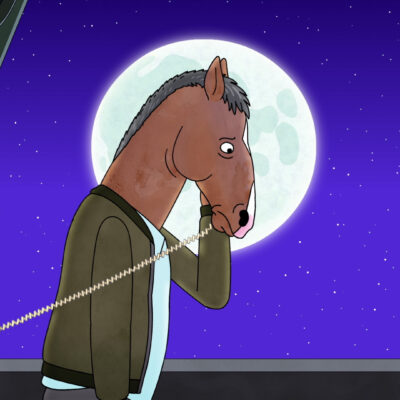We are a long way from normalizing mental illness
In the United States, one out of every six children between the ages of 6 and 17 experience some sort of mental health disorder every year. Mental health is on the rise, and many people feel alone in their struggle–mainly due to the lack of attention and care this issue receives.
I myself have experienced some “lighter” mental health issues, and when taking into account some of the severe problems I have seen with friends and family, I believe it’s fair to say mental health has been a notable topic throughout my life. There’ve been plenty of adults in my life who struggled mentally, and who have found even more harmful ways to make themselves feel better, by using drugs and developing addictions. Friends my own age don’t manage much better when they feel they need to bottle up their difficulties either. Just as my own relatives did, they only managed to hurt themselves even more when trying to find their own cure for their mental health issues rather than searching for aid among those they may have been able to trust.
Mental health is a touchy subject for some people in general due to past experiences with it, a personal discomfort with more serious topics, or even just somewhat of a disapproval of the topic as a whole. However, regardless of anyone’s personal reasons to distance themselves from the topic of mental health issues, simply ignoring these rising cases doesn’t benefit those actually dealing with them. By the end of this article, I hope for all my readers to have a new interest in the topic of mental health, and hopefully they will pursue to research this topic on their own time out of choice.
According to an article written by the National Alliance on Mental Health Issues, only a mere 46.2% of adults with mental illnesses received treatment in the year 2020, and a not much higher 64.5% of adults with serious mental health issues received treatment. To add on, 11% of adults with mental issues didn’t receive any sort of insurance coverage. Regardless of the fact that this number doesn’t take into account adults who did receive coverage that wasn’t enough, this number is still a tenth of the entire mentally ill population not being supported in their struggle they have no control over. The lack of financial coverage not only harms those who can’t receive therapy at all, but can also stretch into the quality of the counseling that those who can receive therapy may face. By overworking the finite number of psychiatrists who take up all these patients, may often find themselves needing to cut their work short in order to make time for their next patient. No matter what we as citizens collectively do to try and make mental health a more comfortable and open and comfortable topic, it still wouldn’t change the fact that many just don’t have the financial aid to treat themselves, and those that do can’t always be guaranteed to be properly and attentively treated.
Personally, my understanding of mental health as a severe strain on our communities, and distaste for the lack of attention it receives in our society, stems from my experiences with mentally ill friends and family. The best example of one of these encounters I can recall would be with a friend who at the time I had just met. They were obviously going through some concerning feelings at the time, and they seemed very hesitant to open up about them as well. I later learned that they had always wanted to talk about their issues, but in the past when they would open up others would often discourage them, making them feel much less comfortable sharing their true mental state with others. For clarification, to be “mentally ill”, means to be suffering from any sort of harmful or irregular changes in emotion, thinking, or behavior. Though some cases are notably more serious than others, the line you could draw to consider someone mentally ill is much thinner than most people realize. Mental health on the other hand doesn’t refer to anyone under specific conditions, as far as I’m concerned, everyone to ever exist on this planet has some sort of mental health. Mental health is simply the status of your current mental state. It is neither negative nor positive on its own, but there are examples of good mental health and bad mental health.
At the end of the day, we must be better at listening to & supporting people who live with mental illness, because shying away from the subject only allows them to suffer more.









